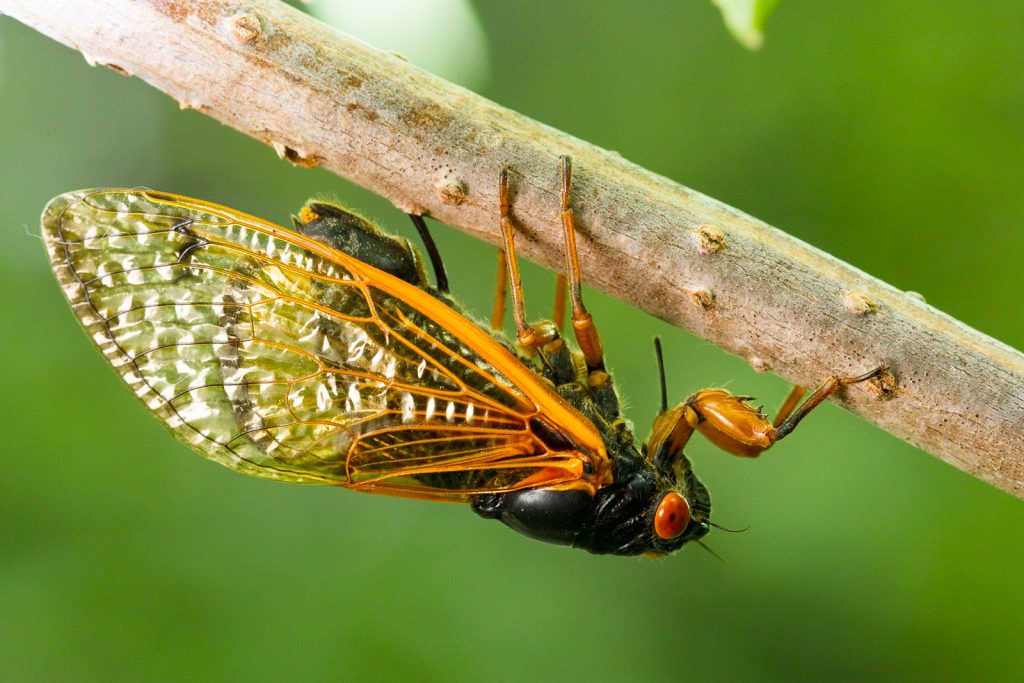In Alabama, the sound of cicadas often signals the beginning of summer. This year, their signature seasonal signal is expected to be a little louder.

Every year, the annual cicadas emerge in broods in different locations all around the United States. They have a greenish to dark gray colored body and black eyes. However, this year in Alabama, two broods of periodical cicadas are set to emerge at the same time. These insects have red eyes.
Brood XIII and Brood XIX are expected to begin emerging in mid-May, as the temperature of the topsoil reaches around 64 degrees. Brood XIII exists on a 17-year cycle, and Brood XIX exists on a 13-year cycle. This means these specific broods will only emerge every 17 and 13 years, respectively.
“They’re not really hibernating. They’re actually feeding on the roots. The nymphs, or the babies, are feeding on the roots of trees during that time period,” John Abbott, an associate professor and Chief Curator and Director of Museum Research and Collections at The University of Alabama, explained. “The reason that they are staying underground has to do with, basically, synchronized emergence.”
Brood XIII and Brood XIX are both set to emerge later in 2024. Scientists say it’s the first time in more than 200 years that these two specific broods will emerge in the same year. These two broods together are expected to amount to millions of cicadas all emerging within a few days of one another.
“The idea is, by all the cicadas coming out at once, you have what’s called predator satiation,” said Abbot. “That just basically means you’re overwhelming the potential predators out there. It’s like being at an all-you-can-eat buffet. You can eat all you want, but there’s still a whole lot of food leftover. Some species will, or the majority of individuals will, survive at the sacrifice for a few individuals that are eaten relatively,” he continued. “The reason that they are underground for so long is to avoid predators developing a cycle that can take advantage of that.”
Read the full article over at Alabama Public Radio’s website.